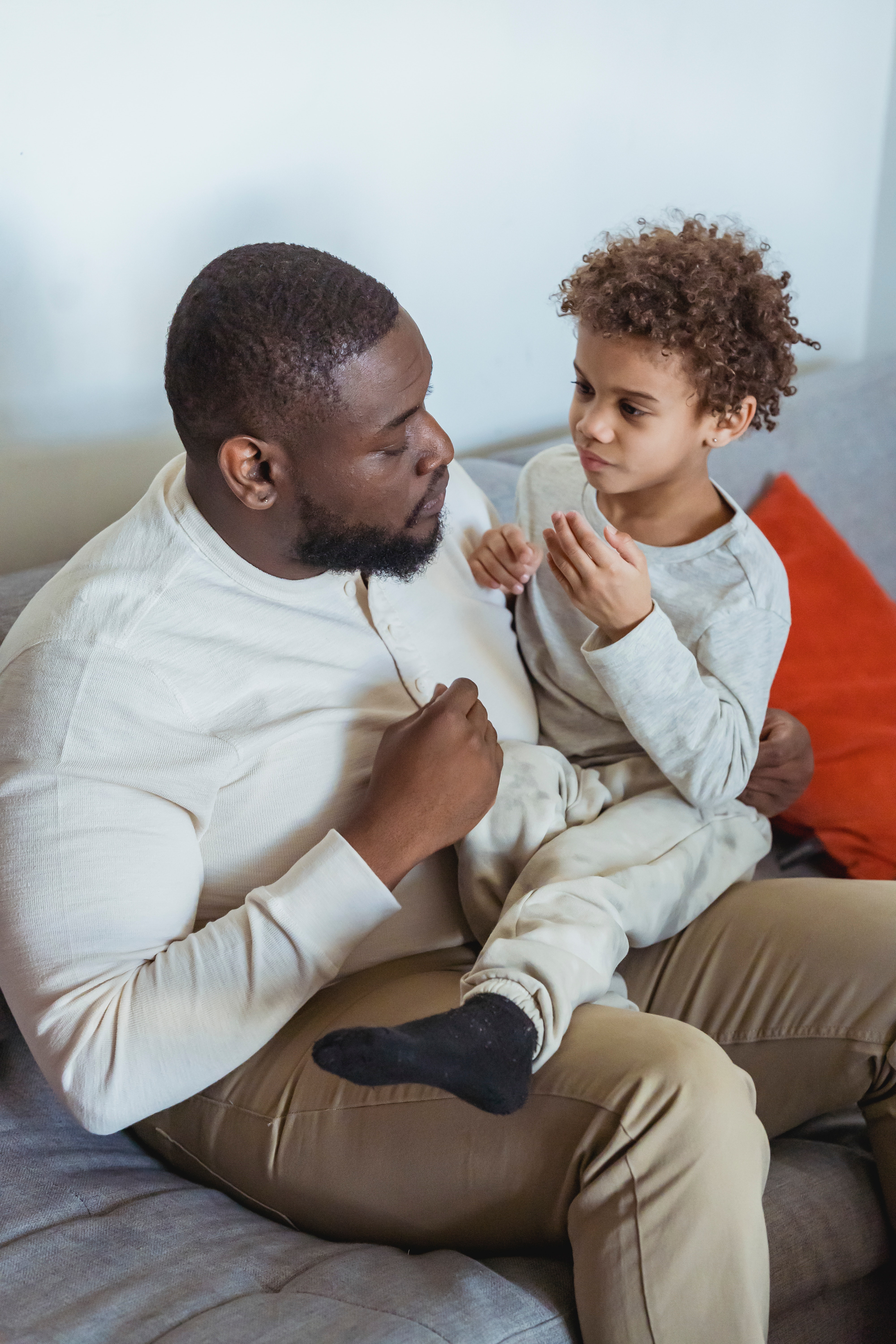
The Kids:
This topic is a lot bigger the 500 words, so I’m just going to help you focus on the big picture.
Having children is like living with your heart outside of your body. You feel a lot and you are not in control of what they do, even though you so badly want to be. When they are little, the small battles begin. These small battles may not seem like much and sometimes you may want to give in just to make the tantrum stop or give them an iPad just so you can eat in peace. What you may not realize is these small battles lay the ground work for future interaction.
Different life span development theorists have different takes on development stages and attachment, but all of them point to the early years as laying the foundation. To give you an idea, for the first three years, babies’ neuroconnections grow at approximately a million connections per second. Synaptic pruning (when the brain starts to eliminate connections it does not use) is most prevalent between the ages of 2 and 10 and continues throughout life.
You have to put in the work early. We see things in the world that we never want for our kids. When a child is taking in information there are a lot of sources, and if we are not paying attention to those sources, or worse, if we are checked out, all the other sources of the world win the information game. Thought patterns and connections come before behavior. By the time we see the behavior, it may be too late to have any real affect on changing the course of things.
Not to compare small humans to animals, but you know those long rope leashes people use to walk their Chihuahua sized dogs? Now imagine someone walked a German Sheppard puppy with one of those and let him run around all willy-nilly like the Chihuahua. What would happen when the puppy was full grown? The struggle would be real and that is if the rope doesn’t break.
Children need directed, interactive, purposeful and relational guidance along with more responsibility and privileges allotted over time. Allow them to make the small mistakes under your care and comfort them when they occur; don’t rub it in their face. If you mess up with a natural consequence, do you need someone saying, “I told you so”? Empathize, but don’t bail your child out of natural consequences. If they forget their homework, that’s bummer. “I’m so sorry that happened, but I cannot drop it off.” Better they get a bad grade in free school then a class you are paying for in college.
Children need a wall they can push against and know it will still stand. Let them push, stand strong in love. Remind them you don’t like punishing them (it often ruins the whole family’s fun), but you have to guide them even when it sacrifices your rest. We have to look at the big picture with a battle plan to win; because every day we see what it looks like when parents lose, and you love them too much to lose.
